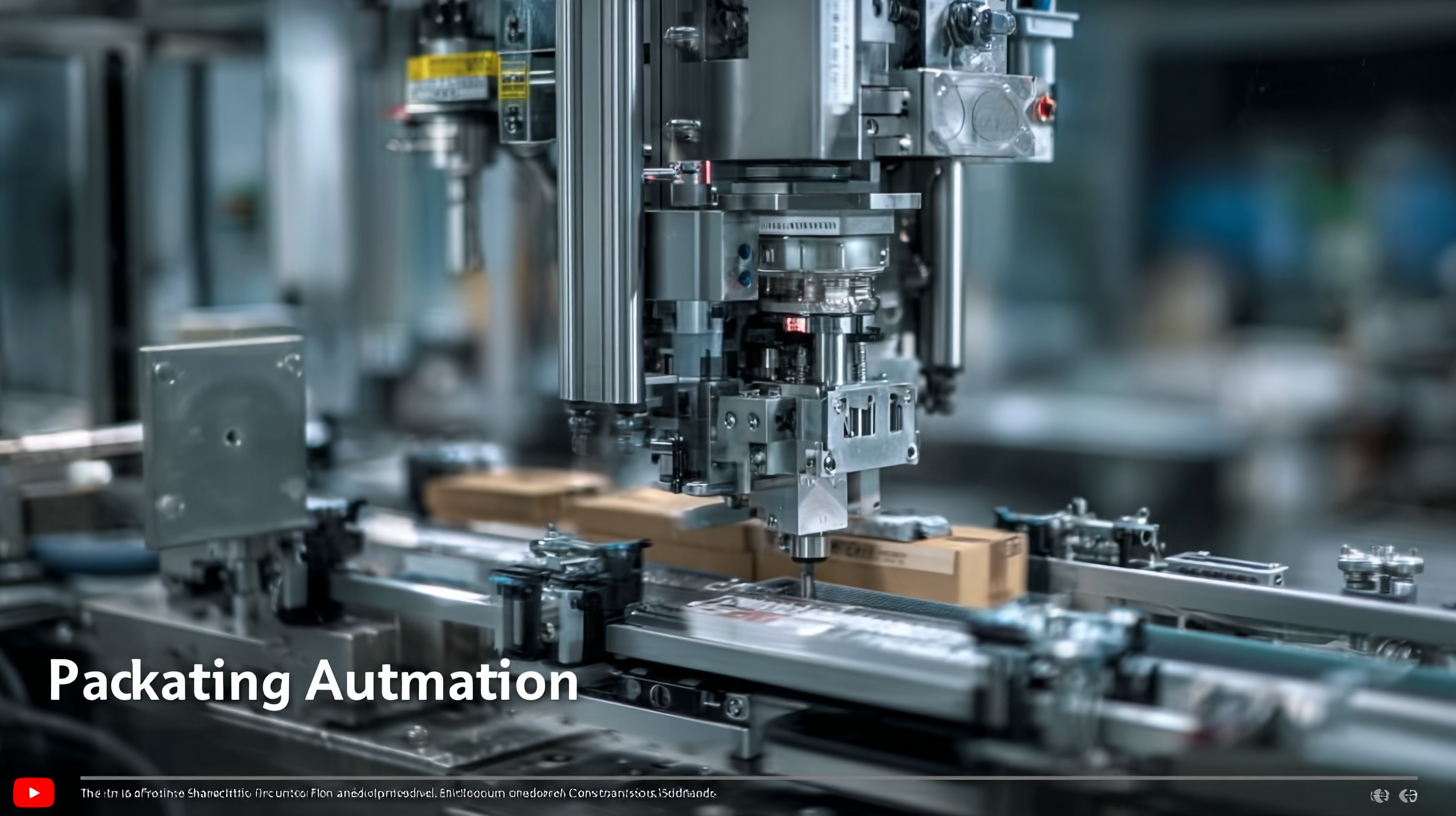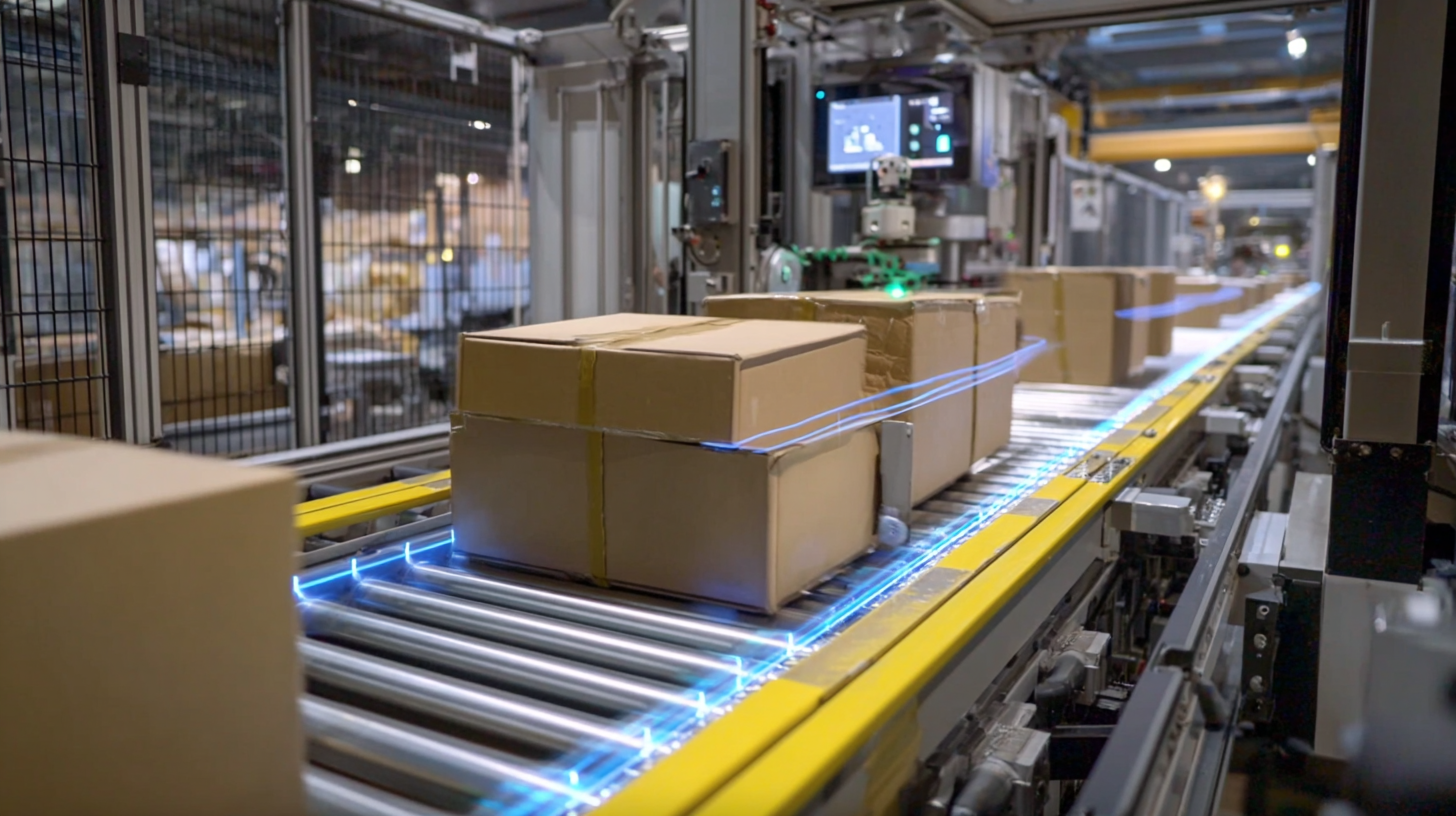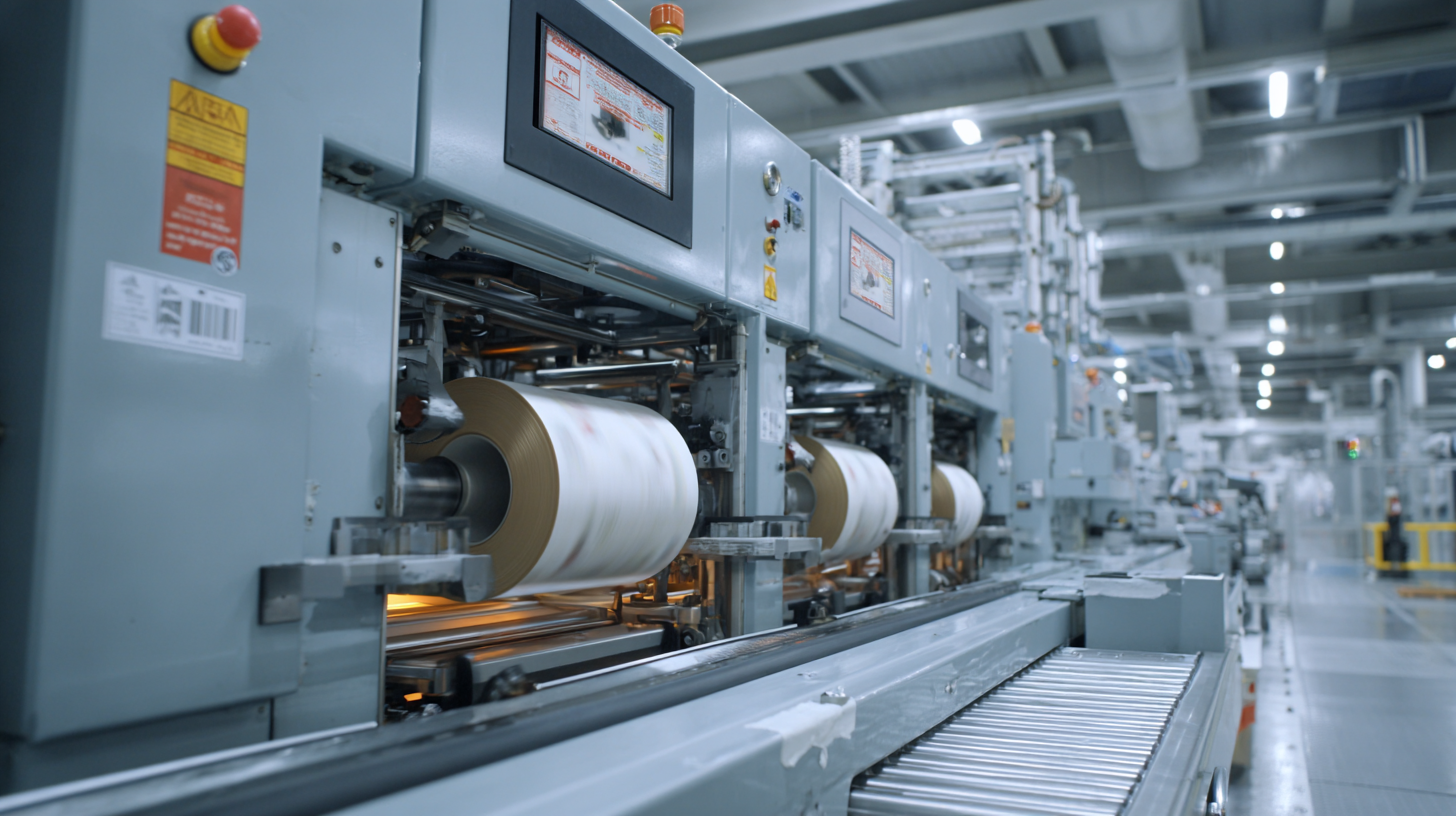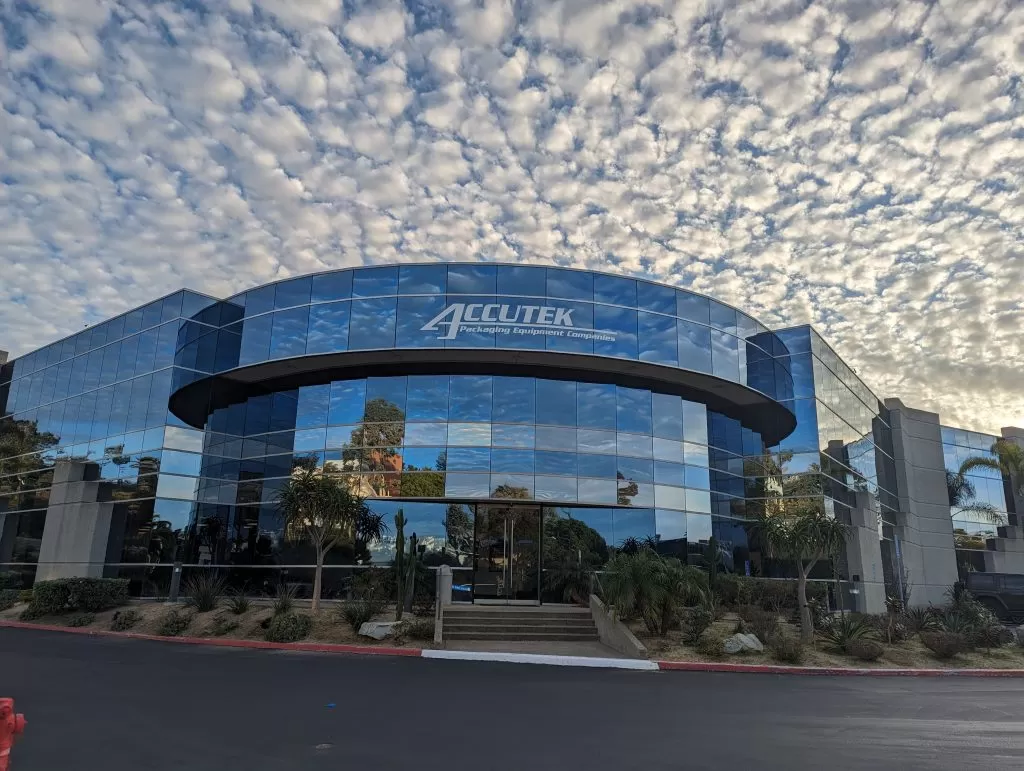In today's fast-paced manufacturing environment, packaging automation has become a vital component for businesses looking to enhance efficiency and reduce operational costs. According to a report by Smithers Pira, the global market for packaging automation is projected to reach $52 billion by 2026, signifying a profound shift towards automated solutions. With such significant investment potential, companies face the challenge of finding high-quality suppliers capable of meeting rigorous industry standards. The demand for innovative techniques in packaging automation is not just a trend but a necessity for maintaining competitive advantage in the market. This blog will explore strategies for identifying reputable suppliers in the realm of packaging automation, emphasizing the importance of selecting partners that align with the latest technological advancements and industry benchmarks.

Emerging technologies are revolutionizing packaging automation, reshaping efficiency and sustainability in the industry. According to a report by Smithers Pira, the global market for automated packaging solutions is expected to reach $65 billion by 2024, driven by advancements in robotics, artificial intelligence (AI), and Internet of Things (IoT) applications. Robots equipped with machine learning capabilities are now capable of identifying, sorting, and manipulating products with minimal human intervention, significantly reducing labor costs and increasing throughput.
Additionally, IoT integration is facilitating real-time data analysis and machine communication, optimizing production lines and reducing waste. A study published by the Packaging Machinery Manufacturers Institute (PMMI) found that companies implementing IoT solutions report a 20% increase in operational efficiency and a 15% reduction in energy consumption. As sustainability becomes a priority, technologies like biodegradable materials and smart packaging that can monitor product conditions are also garnering attention, aligning the industry with global environmental goals. The fusion of these innovations not only enhances operational functionality but also positions packaging automation as a critical component of future-ready manufacturing.
| Technique | Description | Industry Standard | Emerging Technology | Impact on Future |
|---|---|---|---|---|
| Automated Case Packing | Uses robotics to pack products into boxes | High-speed operation, accurate dispensing | AI-driven motion planning | Increased efficiency and reduced labor costs |
| Smart Labeling | Utilizes digital technology for real-time data | Compliance with regulatory requirements | Blockchain for traceability | Enhanced consumer trust and brand loyalty |
| Flexible Packaging Solutions | Adjustable machinery for various package sizes | Standardization for various sizes | 3D printing for custom solutions | Higher adaptability to market demands |
| Integrated Supply Chain Software | Real-time management of supply chain information | Synchronization with suppliers and retailers | AI analytics for predictive modeling | Optimized inventory and reduced waste |
In the competitive landscape of packaging automation, industry standards play a crucial role in determining efficiency and effectiveness. Different sectors, such as food and beverage, pharmaceuticals, and electronics, have established best practices tailored to their unique requirements. For instance, the food and beverage industry emphasizes hygiene and speed, often adopting automated solutions that minimize human touchpoints while ensuring the integrity of the product. This focus not only adheres to stringent health regulations but also enhances consumer trust.
On the other hand, the pharmaceutical industry prioritizes precision and monitoring. Packaging automation in this sector often incorporates advanced tracking systems and compliance measures to meet regulatory standards. The use of serialization technology is a prime example of how pharma companies are innovating to uphold safety and traceability. Meanwhile, the electronics sector has its own set of standards that focus on minimizing static damage and optimizing space through compact machinery. By evaluating these varying best practices, businesses can glean insights into how to tailor their packaging automation strategies to not only meet but exceed industry expectations.
The rapid advancement of technology is transforming the packaging industry, paving the way for Packaging 4.0. Central to this transformation are innovative technologies such as artificial intelligence (AI), the Internet of Things (IoT), blockchain, and robotics. These advancements are not only enhancing operational efficiency but also promoting sustainable practices. For instance, AI-driven analytics enable manufacturers to optimize supply chain logistics, reducing waste and improving delivery times. Similarly, IoT devices facilitate real-time tracking of materials and products, ensuring transparency and better decision-making at every stage.
The integration of blockchain technology is revolutionizing traceability in packaging. By providing a secure, immutable record of product journeys, manufacturers can enhance consumer trust and meet regulatory requirements more efficiently. Additionally, robotics in packaging lines assists in automating repetitive tasks, minimizing human error and increasing productivity. The use of GS1 Digital Link offers manufacturers another opportunity to boost production efficiency, linking products seamlessly to digital data that can be accessed by customers and partners alike. These innovations collectively drive the industry toward a more efficient and sustainable future.
In the fast-evolving world of packaging automation, enhancing speed and accuracy has become paramount for manufacturers aiming to stay competitive. According to a recent report by MarketsandMarkets, the global packaging automation market is projected to grow from $49.6 billion in 2020 to $69.2 billion by 2025, reflecting a compound annual growth rate (CAGR) of 7.4%. This surge is driven by the increasing demand for efficient, high-speed packaging solutions, which are essential for meeting consumer expectations and reducing operational costs.

Innovative techniques such as robotics and artificial intelligence are revolutionizing packaging lines. Recent advancements in collaborative robots (cobots) not only enhance the speed of repetitive tasks but also ensure higher accuracy in product handling. A case study by Hyster-Yale Materials Handling noted that companies implementing automated packaging systems observed a 30% increase in throughput and a 25% reduction in packaging errors. By integrating machine learning algorithms, packaging lines can now adapt in real-time to fluctuations in product types and volumes, optimizing processes without human intervention. The ongoing evolution in automation technology is paving the way for a more agile and precise packaging landscape.
In the rapidly evolving landscape of packaging automation, several companies have embraced innovative solutions to enhance efficiency and sustainability. For instance, a leading beverage manufacturer recently implemented an automated case packing system that utilizes advanced robotics and machine learning algorithms. This technology not only streamlined the packing process but also significantly reduced material waste by optimizing packing patterns. The integration of real-time data analytics allowed the company to monitor performance metrics closely, resulting in a 20% increase in production speed.
Another compelling case study comes from the cosmetics industry, where a renowned brand adopted a fully automated filling and sealing system. By utilizing state-of-the-art technology, the brand successfully minimized human error and ensured product consistency across multiple production lines. The automation process included precise material handling and increased inspection capabilities, leading to a notable enhancement in product quality. This shift not only improved operational efficiency but also bolstered the company's reputation for reliability and excellence in packaging, ultimately contributing to increased customer satisfaction.

Accutek Packaging Equipment Companies, Inc. stands as one of the premier privately owned packaging machinery manufacturers in the United States.

Sign up for all the news about our latest arrivals